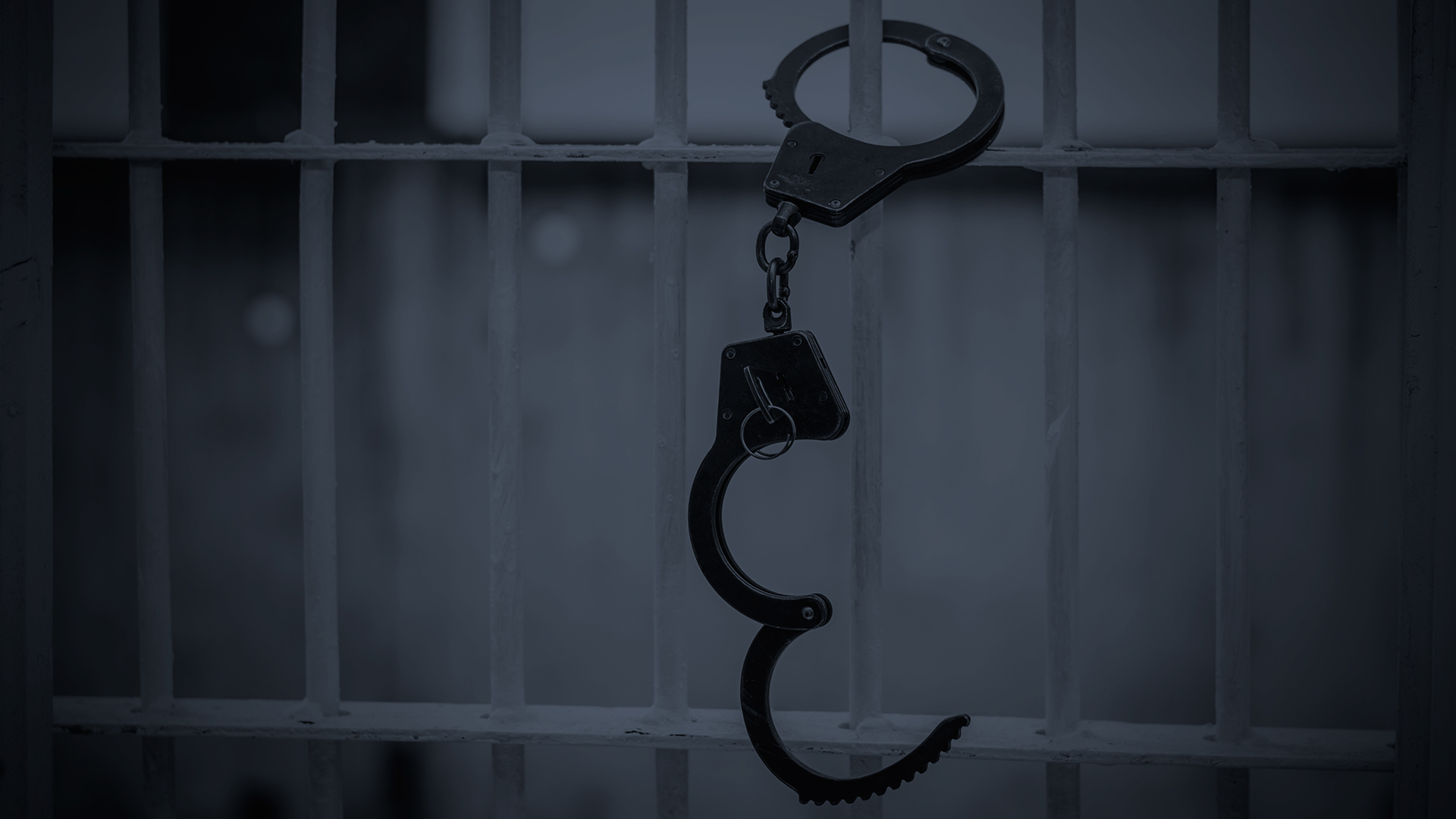The difference between probation and parole is often overlooked. You will find people confuse the two or think they are the same thing. So what is the difference between probation and parole? The difference in pretty simple, probation is given for a defendant to serve instead of being incarcerated, while parole is given to defendants after they serve their time in jail. In both cases, the defendant has to report to a company or person to ensure they are not breaking any laws, and are adhering to the requirements they agreed to. To give you a better understanding, we will go more into depth about both of these situations.
When a defendant has had their time in court, the judge will decide whether that person will serve time in jail or be given probation. A defendant is given probation to show the judge and society that they can rehabilitate themselves without needing to be incarcerated. Probation often consists of having a curfew, rehab programs, drug testing, and sometimes volunteer work. Probation periods can last anywhere from one year to ten years, depending on the state. Probation is managed by a probation officer. This officer will monitor the defendants progress and file reports with the court. If at any time the judge is not happy with the defendants performance, he or she can sentence them to jail time.
Not every prisoner is released from prison on parole. Parole is granted to defendants who still have time left on their sentence, but have shown good behavior during their incarceration. When a defendant has been released from prison on parole, they will face the same rules and expectations as someone on probation. Conditions may include the defendant’s housing, payments on fines, and other financial obligations. This defendant will report to a parole officer that will monitor their progress and report to the parole board. If the parole board is not impressed with the defendants progress, they can order he or she to return to prison to finish the remainder of their sentence.
Though the situations are very different, the processes of probation and parole are very similar. They both are a way to keep an eye on a defendant to ensure they are not breaking the law. They are both also saw over by an officer assigned to their case. The one major difference between the processes of these two situations are that in a parole situation, the defendant is trying to reintegrate into society. This can be a very difficult process to most defendants, which is why their parole officer is a huge help in this situation.
If a defendant fails to comply with their parole or probation conditions, typically the same thing happens. If a defendant on probation fails to comply, the defendant will have another day in court and most likely be sent straight to prison. Since probation can be a first step before prison, breaking the rules often leads you to the real thing. With parole, if the defendant fails to comply they will be serving the rest of their sentence in prison. This often happens because it is so difficult to readjust into society, defendants feel more safe and comfortable in prison.
Probation and parole are similar processes for different situations. The most important thing to remember during either one of these situations is to listen to your officer and follow the rules. Being on probation is a privilege typically given to people who should be able to turn their lives around, so don’t lose that opportunity. Being out of jail on parole shows that you have been good while in jail, so keep it that way to ensure you get to start living your life again. If you need help with a case, or have any legal questions, give us a call or fill out our contact form! We are always happy to help you emerge victorious.


